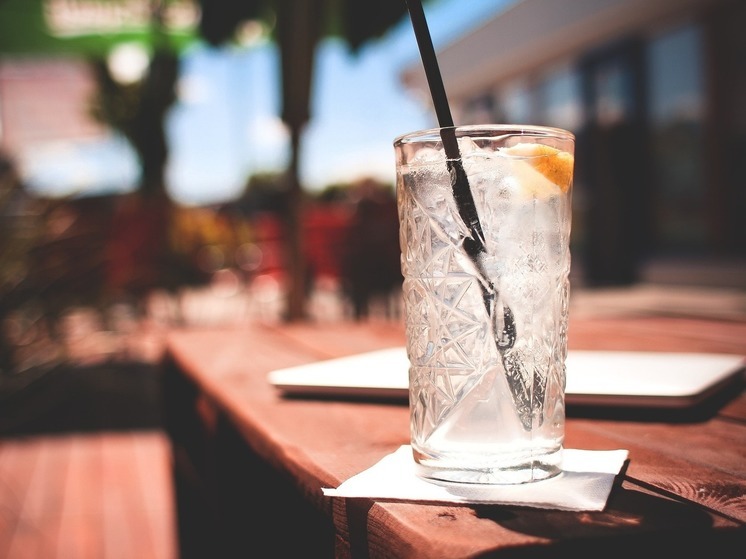The belief that drinking alcohol a few hours before going to bed turns out to be false
For many years, it was widely believed that drinking alcohol would ensure a good night's sleep. But scientists have found that this belief is wrong. Now everything indicates that alcoholic drinks disrupt sleep patterns.

A new study, according to the Daily Mail, claims that drinking alcohol before bed can harm the body. Experts said that pouring even a small amount of alcohol before bed will only make a person feel weak, dehydrated, and possibly struggle with a severe headache.
This conclusion is based on the fact that drinking interrupts the rapid eye movement (REM) phase during sleep. This phase — the deepest of the four we all go through every night — vital for memory, learning and creativity. Addiction specialist at the University of York, Ian Hamilton, noted that this part of the night “provides rest and recovery for the brain.”
And if earlier many experts could recommend drinking alcohol, now they deny the beneficial properties of this type of drink. Although they reduce the level of consciousness and help you immediately fall asleep, they also cause restlessness and anxiety during sleep. It is for this reason that you may wake up in the middle of the night after drinking alcohol or not feel less rested in the morning.
Dr Melissa Oldham, from the Tobacco and Alcohol Research Group at University College London (UCL), explains that this is due to the body metabolizing alcohol later in the night. After drinking a little, people may fall asleep more quickly due to the sedative effects of alcohol, which can increase relaxation and drowsiness. But after alcohol is absorbed into the bloodstream from the stomach and small intestine, it is slowly metabolized during the night.
In addition to being one of the most important stages of sleep, alcohol has a dehydrating effect, causing you to feel tired the next day. experts note.
“Drinking alcohol can cause drinkers to wake up during the night, needing water and needing to go to the toilet. It also causes the body to sweat more, which also leads to a lack of water in the body,” — Richard Piper from Alcohol Change UK comments.
Drinkaware charity CEO Karen Tyrell said: “Alcohol— a diuretic, so when you consume it, it has been found that it can cause snoring. If you drink, try to avoid drinking alcohol too close to bed and give your body time to digest the alcohol before bed.
Regular alcohol consumption can trigger periods of insomnia, experts say. In fact, according to the UK's National Health Service, it is one of the most common causes of the disease, affecting millions of people.
A unit of alcohol can take an hour to be metabolized, meaning alcohol can remain in the blood for some time after it is consumed. how someone stops drinking, which can lead to sleep disturbances. Thus, the more you drink, the more time the body needs to absorb.
However, this may vary depending on the person's height.
«There are many factors that can affect how long it takes to sober up or sleep off alcohol, including how much a person drinks and whether they have eaten , as well as his age, gender and body composition,” — said Dr. Melissa Oldham.
Drug therapist Hamilton explains that people who drink alcohol on a regular basis don't notice its impact on their sleep because they may fall asleep at first. He added that such people would later have regular sleep disturbances that would make them feel sluggish during the day.
However, over time, according to Richard Piper, the brain gets used to falling asleep with the help of alcohol and begins to expect this, which further impairs your sleep. This happens because the brain adapts to the anticipation of drinking alcohol before bed and relies on it to help you fall asleep. He stated that it only takes a few days for the brain to “unlearn old habits.” fall asleep after drinking strong drinks, which will lead to deeper and more restful sleep.
Experts note that without alcohol at night, sleep will be more sound and a person will feel rested when waking up.
By According to the charity Alcohol Change UK, 70 per cent of participants who take part in Dry January sleep better. According to reports, respondents also have increased energy levels and concentration.


